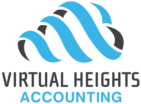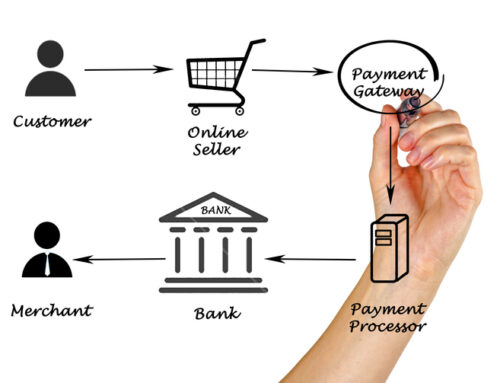Electronic signatures are on the rise now that more and more people work from home. If you require signatures in your business, you may have been wondering if you can legally collect them electronically. And if you can, what is the best way to do this?
As an accounting firm dealing with personal information every day, we’ve got the low down on electronic signatures. Read on to learn about electronic signature collection in Canada as well as our recommended programs for capturing signatures.
Are electronic signatures legal in Canada?
The short answer is yes!
E-signatures, including those that require the signer to type their name, are legal around the world. The service provider you choose to collect signatures should make it easy for you to know if they are compliant. For example, Adobe Sign has this document on their website explaining how they make sure e-signatures collected using their software are legal.
DocuSign has a similar document where they explain e-signature legality in simple terms. Essentially, under Canadian law, a written signature isn’t necessarily required for a valid contract. Regardless of which provider you choose, look for the section on their website that explains how they comply with the current e-signature requirements.
Can all documents be e-signed?
No.
There are still some types of documents that require a physical signature in an office. In most cases, these are documents where the signature must be witnessed. You can find a complete list of these types of documents on DocuSign’s website.
Documents requiring a witnessed signature include (but aren’t limited to) wills, marriage contracts or dissolutions, real property ownership contracts, and mandates for personal care or estate administration.
Where does the Canada Revenue Agency (CRA) stand on electronic signatures?
As mentioned in a previous blog post, the CRA currently accepts electronic signatures. Their official position is that they “recognize electronic signatures as having met the signature requirements of the Income Tax Act.” It’s unclear, however, if this will continue beyond the current circumstances brought to light with COVID-19. You can always check their website for an update.
What programs collect e-signatures?
At Virtual Heights Accounting, we use Adobe Sign and DocuSign to collect electronic signatures. Both programs integrate with apps you already use and both allow customization based on your business needs. Adobe Sign is great for personal use and small to medium-sized companies. DocuSign is better for companies that require multiple documents signed regularly.
If you require client signatures as part of your business practices, make sure however you are doing that is onside legally. You can usually determine this by checking the service provider’s website’s legal section.
As always, if you need help choosing the best program for your electronic signature needs, we’re happy to help. We have experience with both Adobe Sign and DocuSign, and we can help you get started.
Get in touch by filling out our contact form or booking a complimentary consult.





